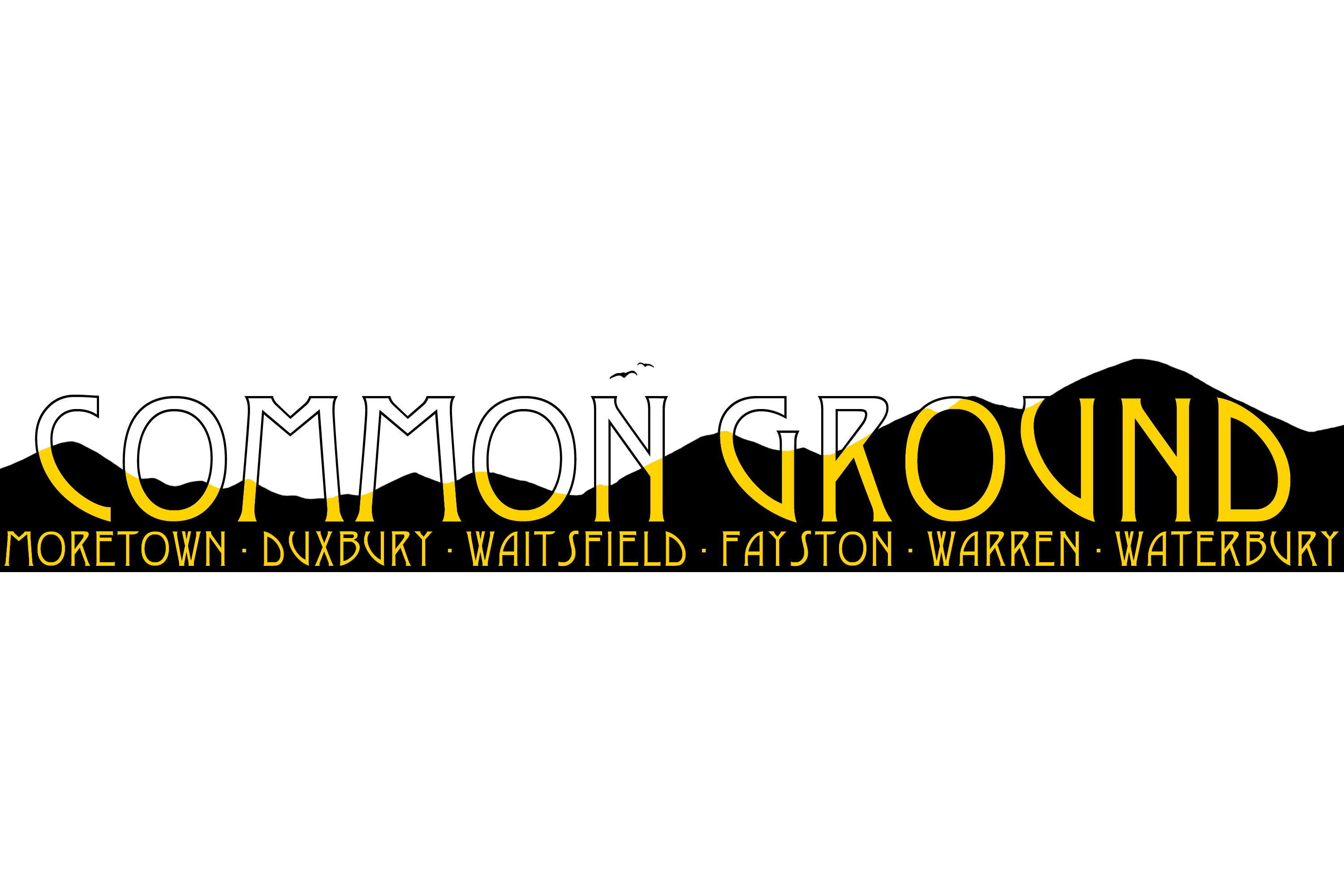Nick Sisler – Catching up with the Senior Superlatives! Where are they now?
 Senior superlatives are a time-honored tradition for American high schools and Harwood is no exception. What does it mean to be voted most successful? What exactly is a class clown? What are the characteristics of the class dreamers? This is what I was thinking after I was voted “most likely to succeed” for the class of 2022. How accurate are superlatives and do people follow the path awarded to them by their fellow classmates?
Senior superlatives are a time-honored tradition for American high schools and Harwood is no exception. What does it mean to be voted most successful? What exactly is a class clown? What are the characteristics of the class dreamers? This is what I was thinking after I was voted “most likely to succeed” for the class of 2022. How accurate are superlatives and do people follow the path awarded to them by their fellow classmates?
Only time will tell if the superlatives of the class of 2022 will be accurate, but the closest thing to seeing into the future is to look into the past. Finding where all the graduates from the past 25 years are today would not be an easy task, so I focused on the superlative “most likely to succeed.” It intrigued me the most because it seemed the most quantifiable, and for the fact that I was voted it for the class of 2022.
With a list compiled of all the past Harwood graduates who were voted “most likely to succeed” in the past 25 years, I started with the task of locating their whereabouts now. One of the graduates who first stood out was Nick Sisler, who graduated in 2007. From Sisler’s online presence alone, I was able to determine that after Harwood he studied engineering at MIT, played professional ice hockey, and became a co-founder of the company Ekotrope.
During our interview on the MIT campus, Sisler spoke about his time at Harwood. Sisler said, “I was really into sports. That was definitely a big passion of mine. Hockey was my number one sport, and we won a state championship while I was there.” Sisler also said he “played soccer and lacrosse, which were both really fun.” Hockey continued to be his #1 sport after Harwood; he played on MIT’s varsity team during college. After college, Sisler played professionally with Aramon C.H. Jaca in Spain for a season. He is currently an Assistant Coach for the MIT Hockey team.

The company Sisler co-founded, Ekotrope, develops software to build more energy-efficient homes. Ekotrope was founded in 2011 by MIT students and professors, and, according to Ekotrope, their software “provides the most reliable and accurate energy use analysis for a home energy model.” This software helps rate how energy-efficient homes are, their expected power usage, carbon footprint and more. They are the leading company in this industry, and according to Ekotrope, 1 in 4 new homes built in the United States today are modeled and analyzed by Ekotrope’s RATER software. Ekotrope is also ranked No. 964 of the fastest-growing private companies in the United States according to the Inc. 5000 list.
There are many thoughts about what “success” means. Some may define success in terms of wealth or status, whereas others may feel success is simply to be happy. When asked if Sisler considered himself successful, he said “Yeah, I think so. I’m pretty happy with my life. I also recently got married, so that’s another big part of life. You know, it’s not all about work.” Sisler’s response goes in line with the fluid definition of “success”—most people have a combination of professional, personal, and societal goals and it may not be easy to evaluate oneself when the definition of “success” may not be clear in one’s mind. To try to expand on what people thought was the definition of success, I asked many students at Harwood what their own definition was. There were some common traits between the students’ definitions, which had to do with happiness, goals, money or hard work. “Achieving something you have been dreaming or aspiring about for a long time (…) or making a ton of money,” said Elan Shems. “Success is feeling content and happy where you are,” said Jillian Odefey. “If you’re happy, you’re successful or making a difference in the people around you in a meaningful way,” said River Collins. “You feel like you have achieved what you wanted to in life,” said Josie Rand. “Self-fulfillment, a feeling that you have made it for yourself, you don’t have to show it off,” Addison Dietz said. After hearing these responses, I think that my definition of success is also reaching goals that you have set in your life and being happy while working towards those goals and when you meet them.
When asked what piece of advice he had for someone in high school, Sisler said, “I think one thing is to stay curious and keep learning. Your education doesn’t end when you finish high school and even when you finish college. I think it’s important once you’re in a job to keep learning about your field, but also throughout life, just trying to keep learning and keep improving and have a growth mindset.” Another thing Sisler said that helped him was the professional mission he wanted to accomplish, “which is to try to have a big impact on reducing climate change. I think that’s helped me stay focused, and stay passionate and engaged with my work in my professional career and feel like the work I’m doing is valuable. So that’s something I would encourage people to do is kind of find something that they are interested in, passionate about, and feel like is something valuable for other people and for the world.”
Overall, Senior Superlatives are an important tradition for American high schools and are an interesting way of noting the characteristics of students. It is insightful to learn a bit more about what the definition of success could be and Nick Sisler is a great example of how looking into the past can help to predict our future. Stay tuned for more editions of “Catching up with the Senior Superlatives! Where are they now?”


